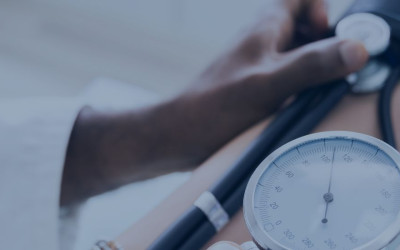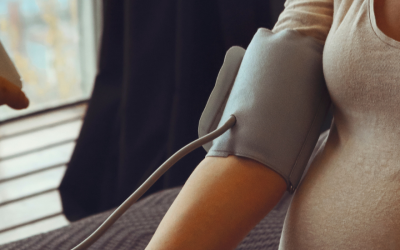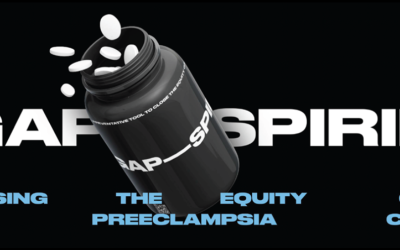
Utah Study Highlights Need for More Detailed Preeclampsia Patient Education
At the Preeclampsia Foundation, we work diligently to inform expectant parents of the signs and symptoms of preeclampsia so they recognize and respond appropriately to them. An educated patient can sometimes make the difference between life and death so we strive to make women more knowledgeable and confident to trust their bodies. We are always seeking validation, or evidence, that our education programs and tools yield results – that they are effective, and easily understood and retained by patients.
Despite the clear benefits of patient education in improving health outcomes, it is unclear how often healthcare providers discuss preeclampsia with their patients and how much of this information is understood.
A recent study exploring preeclampsia awareness and prenatal education on the topic among mothers in Utah found a need for improved prenatal education regarding preeclampsia. The study showed that a little over half (56.7%) of women reported their healthcare provider described the signs and symptoms of preeclampsia to them. Similar to the national results of the 2008 and 2014 Preeclampsia Foundation surveys, results from this study suggest that while most women have heard of preeclampsia, they often do not know or are unsure of the specific symptoms of preeclampsia.
The authors conclude that an explanation of preeclampsia signs and symptoms should be given to all women at prenatal care visits to improve health outcomes.
The Preeclampsia Foundation offers patient education materials directly to expectant parents, as well as advocates for practice changes by healthcare providers, encouraging them to have conversations with every mother. This study suggests that simply mentioning preeclampsia is not enough, but that all women should be given a thorough overview of symptoms to look out for, when to look out for them, and how to respond appropriately. Studies like these not only assess the current effectiveness of education programs, but also demonstrate the need for providers to “buy-in” to preeclampsia education for every woman, every pregnancy.
Related Articles

Congratulations on receiving your brand new Cuff Kit®! Want to learn more about how to use your iHealth Track device? Here are some handy videos and links to get you started. Unpacking and using...

Nurses play a vital role in detecting preeclampsia and caring for patient before, during, and beyond pregnancy.

A key component needed in the fight against preeclampsia is the development of tests for simple, rapid, and accurate diagnosis and prediction through the development and adoption of biomarkers.

Preeclampsia can strike quickly. Give new and expectant moms the best tool for early detection of hypertensive disorders with the Preeclampsia Foundation Cuff Kit® - a pregnancy-validated monitor wit...

Every woman should be able to check her own blood pressure at home.

Preventing and managing high blood pressure with healthy lifestyle behaviors are at the center of updated clinical guidelines published this week in the American Heart Association (AHA) peer-reviewed...

Hypertensive disorders of pregnancy are a leading cause of maternal death in the state of Indiana. To address this critical issue, the Indiana Hospital Association is teaming up with the Preeclampsia...

Recientemente, me encontré con una publicación en las redes sociales señalando la crisis de salud maternal desde la perspectiva de una mujer negra. Una persona respondió a...

For more on the Preeclampsia Foundation's work to amplify all research related to biomarkers for improved prediction and diagnostic tools, please visit https://preeclampsia.org/biomarkers. INDIANAPOL...

GAP—SPIRIN campaign gets low-dose aspirin to those most at risk to help close the maternal health gap in preeclampsia ________ NEW YORK, January 23, 2025/PRNewswire/ – In recognition of...
